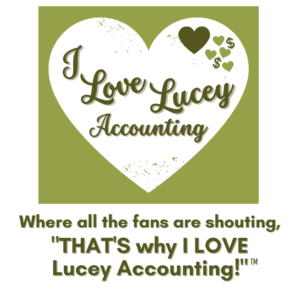DIY or “do-it-yourself” activities are meant to save time and money by doing tasks you’d typically hire a professional for. Unfortunately, DIY projects can lead to more losses than financial benefits, especially when it comes to big jobs like preparing business tax returns.
While you don’t need a license or certification to prepare your own returns, you certainly need to know the principles of accounting and tax preparation. However, a lot can go wrong if you don’t understand how business tax returns work. Tax liabilities can be overstated or understated, which is considered a felony. Similarly, filing deadlines may be missed if you are unaware of them, which could result in costly penalties. There could also be a misunderstanding about whether business tax returns need to be filed at all.
To give a clearer understanding of how you could go wrong without proper training or complete knowledge of the job, I have put together two significant reasons to showcase why it is a bad idea to DIY business income tax returns.
1. Different calculation parameters
If you decide to handle your business tax returns yourself, there are a lot of opportunities for self-inflicted wounds and missed opportunities. Many people think that because they have prepared their own personal income tax returns in the past, they can also prepare a business tax return if they have a simple service business.
However, to file business taxes, you first have to decide which form to file depending on which elections you had submitted. You also have to know what income is. Just because you receive money does not mean it’s income, and not everything you pay for is a deduction.
You have to recognize the difference between an expense and the purchase of an asset. When you pay a bill, you need to know if you are paying for an expense or a liability. These are issues taxpayers don’t confront on their personal returns, but they will have to face on a business return.
2. A broad range of financial implications
There is a broad range of implications for preparing your own business tax returns. The first issue is figuring out what form you need to file. If you run a limited liability company, do you submit Form 1065, 1120, or 1120S?
If you have a corporation, is it a C corporation or an S corporation, and what are the implications of each on your personal taxes? Some tax returns create tax liabilities for the business that you (the owner) are personally responsible for.
There are also technical issues involving filling out the forms themselves. QuickBooks is an excellent piece of software, but it can’t answer all the questions you need to be answered to file your business taxes correctly.
Do things right – Hire a professional
When it comes to filing your business taxes, it is essential to hire an experienced Certified Public Accountant (CPA) or Enrolled Agent. These experts are skilled with numbers and possess sufficient knowledge of the tax code to prepare business tax returns. Secondly, these professionals review the returns before they are filed.
The costs for hiring a professional to prepare your returns could range from several hundred dollars to thousands. It depends on what other work has to be performed with your financial data to prepare the return. If your accounts are systematically maintained, your tax preparation cost should be lower. However, if your CPA has to sort out your financial information, your costs are likely to increase. As a result, it is vital to hire a professional right from the start. They will keep your costs low and your business away from tax-related implications.
To learn more about our services, please click here!


